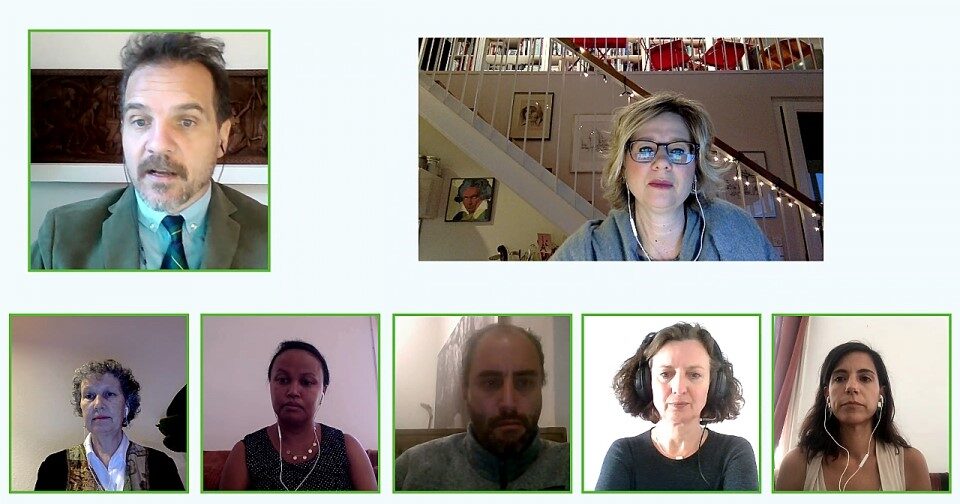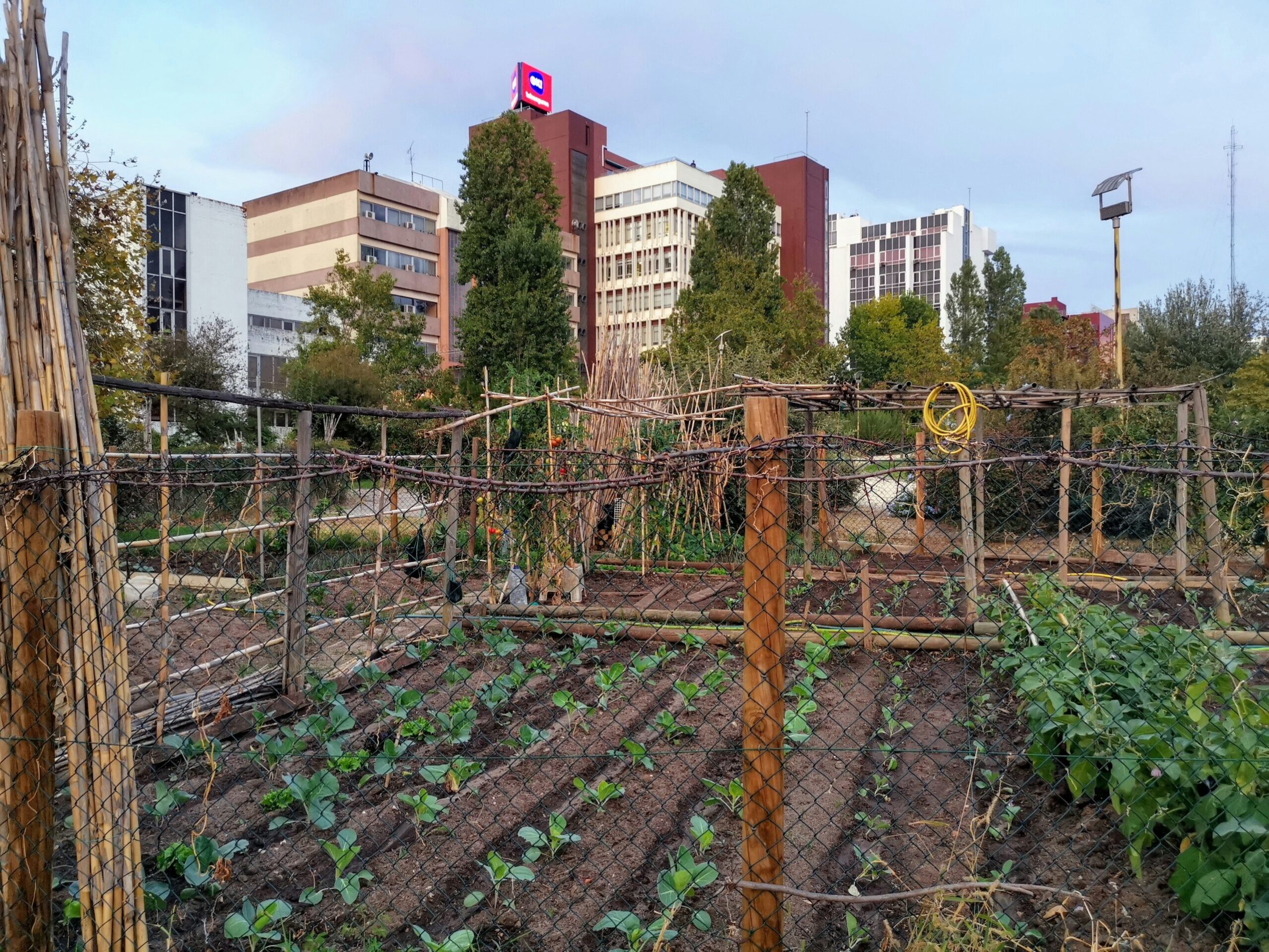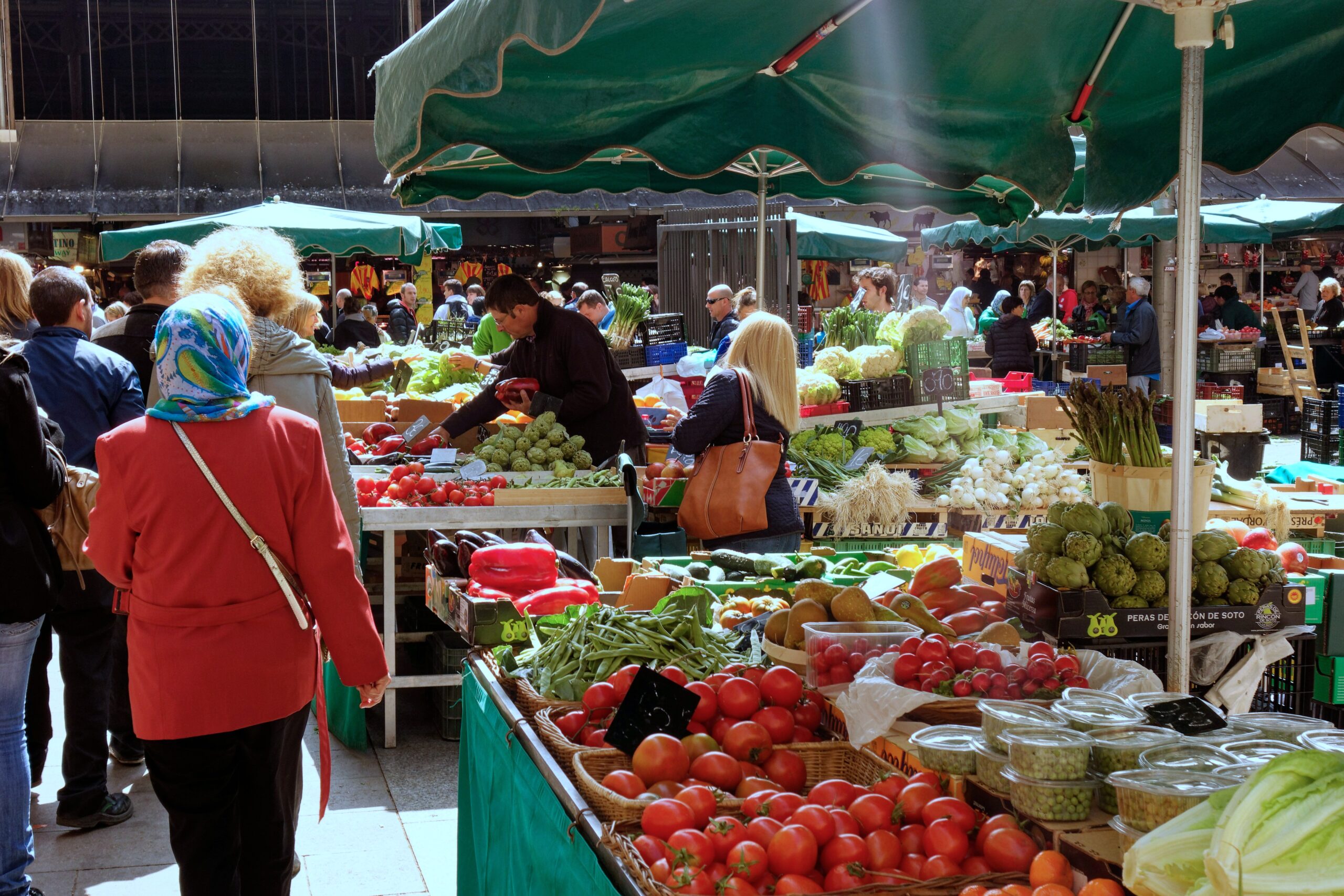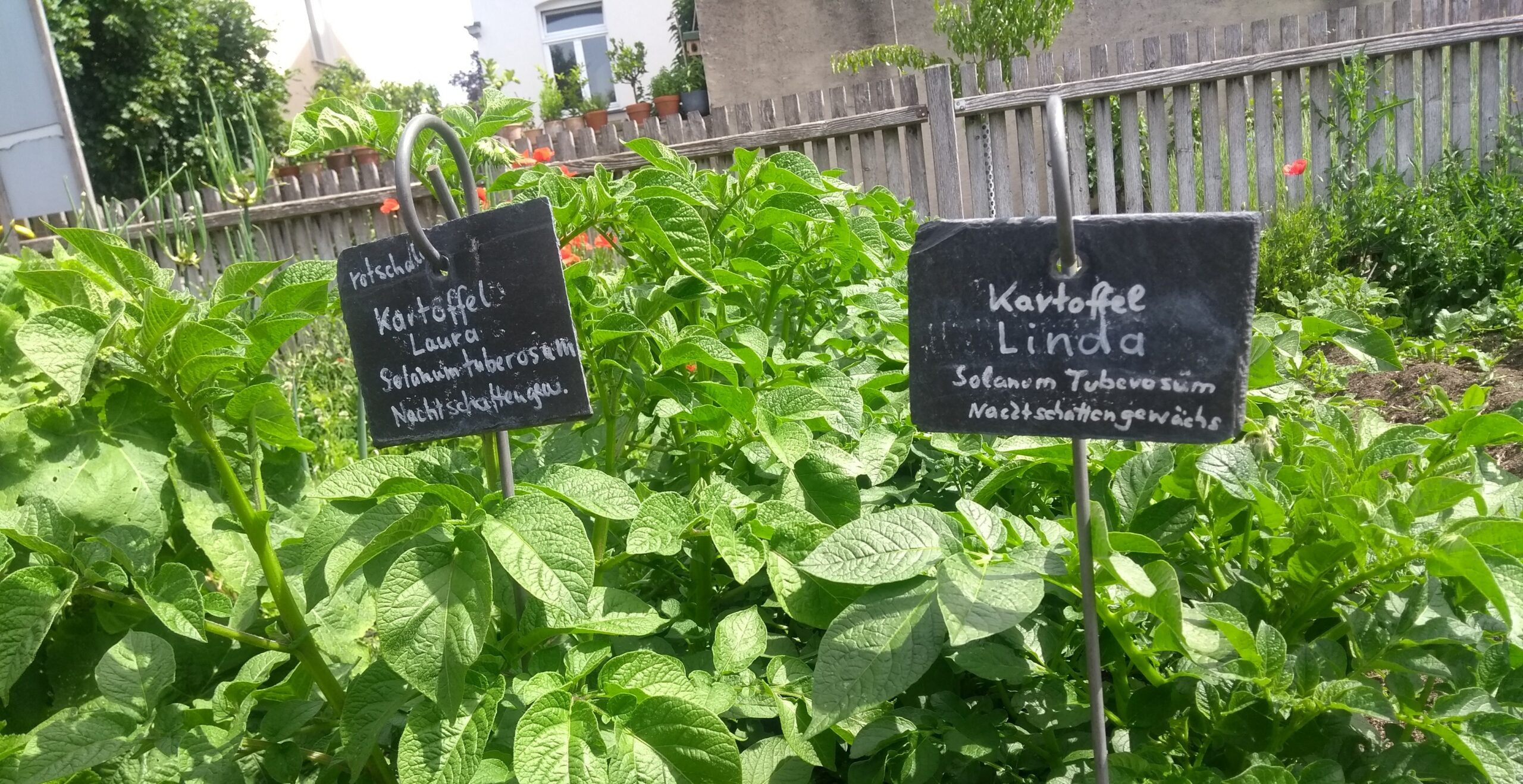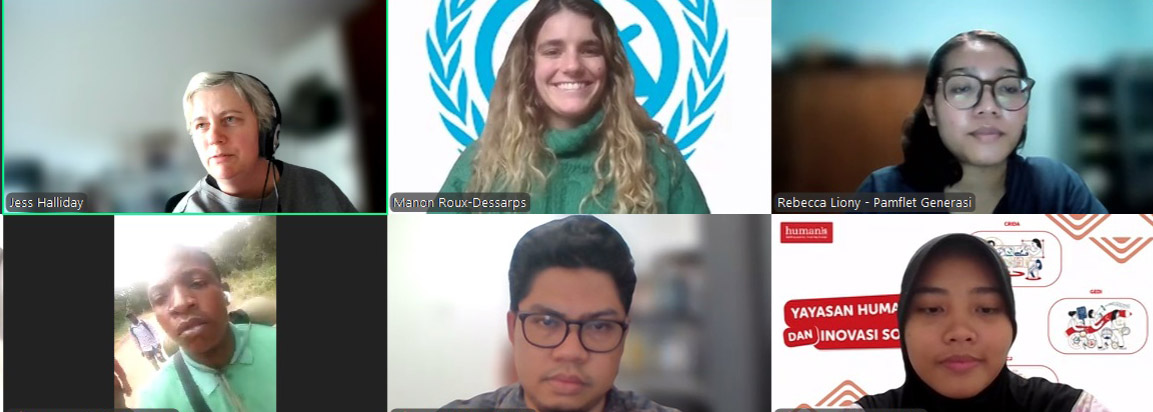City region food systems help assure access to food when supply chains are impacted by climate shocks and stresses and pandemic infection control measures, and play a vital role in building back better, according to an expert panel at the 13th Global Forum for Food and Agriculture (GFFA) held on 18-22 January 2021.
GFFA is a high-level annual conference organised by the German Federal Ministry of Food and Agriculture. The theme of this year’s online event was ‘How to feed the world in times of pandemics and climate change’.
The expert panel on the FAO and RUAF City Region Food System (CRFS) approach was moderated by Guido Santini, FAO Programme Coordinator, Food for the Cities.
Opening remarks were given by Ms. Susanne Schlaack (Head of Division, Federal Ministry of Food and Agriculture, Germany), who highlighted the significance and efficiency of the approach in addressing the challenges of pandemics and climate change across various dimensions, including food governance, natural resource management, and integrated coordination among multiple players.
After giving an overview of the CRFS approach, Professor Alison Blay-Palmer, Director of the Laurier Centre for Sustainable Food Systems at Wilfrid Laurier University, explained how the CRFS toolkit enabled the city of Toronto, Canada to identify boundaries, build scenarios, make policies, and establish food hub and distribution centres.
The Minister for Agriculture Livestock and Fisheries of Madagascar, Lucien Ranarivelo, highlighted the importance of building resilience in view of the huge impacts of climate shocks such as droughts and floods, as well as COVID-19 measures, on local food systems. His testimony was followed by a detailed presentation on impacts and responses in the Antananarivo city region by Vololontsoa Volatiana Razafindratoanina, Regional Director of the Ministry for the Analamanga Region.
David Jácome Polit, Chief Resilience Officer for Quito, Ecuador, introduced the municipality’s risk management system-PAQ (Quito’s AgriFood Covenant), which allowed it to support local food security improvements. Quito has conducted assessments on various projects to learn more about the status on food insecurity and relevant solutions (donation, food bank, etc.).
Dr Rachel Carey, Lecturer in Food Systems at the University of Melbourne’s School of Agriculture and Food, gave an overview of the extreme climate shocks and consequences (water scarcity, fire, etc.) experienced in Australia, and frequent ‘compounding’ impacts. She gave details of Melbourne’s Resilient City Foodbowl initiative and promotion of backyard and community agriculture in urban and peri-urban areas. Key priorities for building long term resilience include strong stakeholder and community networks and embedding systems of food relief in a Right to Food framework.
See the side event recording, please click here.

